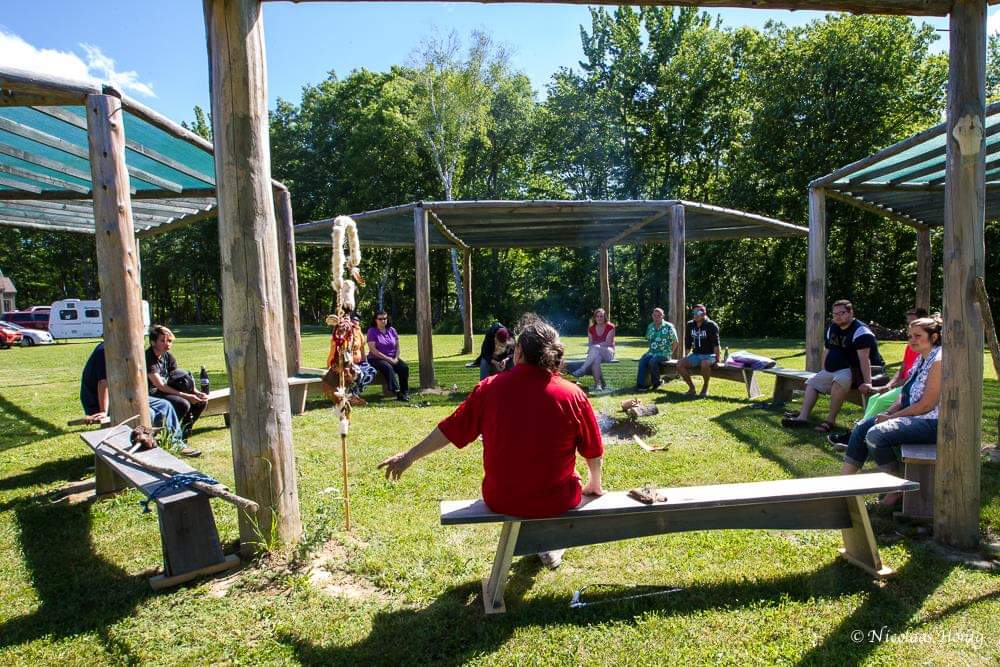“I don’t want to be like everyone else. I want acceptance, but I want acceptance of my difference, not my sameness.” -Alison Bechdel, author of Dykes to Watch Out For
We human beings have much more in common than we have differences. We notice the differences more, but our shared humanity is part of the foundation of the idea of human rights and justice. As human beings, we all belong, we are members of a society. In a solidarity economy, people can belong as members no matter what their economic status is. A solidarity economy seeks to help all of its members thrive.
Just because we have a shared humanity does not mean that our differences should not be taken into account. We are full, complex human beings. Our differences are beautiful. It would be boring if we were all the same! But people also bring very different histories and experiences, often heavily marked by race, class, gender, immigration status, disability, sexual orientation, and other social conditions. Equity demands that we include and center the needs of those who are often marginalized. A true solidarity economy creates well-being for all, and takes into account the needs of those with less privilege. It is this vision of what is possible that inspires our work to develop cooperatives and a thriving cooperative ecosystem.
As this Eater article by Jaya Saxena points out, “Queerness in America, unfortunately, cannot yet be uncoupled from struggle. Queer people are discriminated against in seemingly endless ways, whether it’s recent legislative attempts to deny trans people access to necessary medical care, death and violence at the hands of police, dozens of types of discrimination that lead to queer people being more apprehensive about participating in public life, and queer youth being more at risk for self-harm. Figuring out how to live, work, and thrive when many of the norms of life are not available to you becomes a must.” The necessity to learn to live outside the norm means that in agriculture, queerness goes hand in hand with questioning conventional approaches to land and animal husbandry. And the cooperative model provides solutions for capital and land access, which is often harder for LGBTQ+ people.
There are so many cooperative projects that are developing throughout the Northeast to celebrate and strengthen queer and B/I/POC community members. A couple of groups CDI has been working with include Linke Fligl, and Rock Steady Farm. And of course we are pleased to partner with the Cooperative Food Empowerment Directive (CoFED), an organization led by queer and transgender people of color that works with young people of color to build food and land co-ops. Other examples in our region include Kibilio (Refuge) Community and Farm, rooted in Black and Queer land sovereignty, Eastern Woodlands Rematriation, a collective boldly reclaiming the right to food and relationship to the earth for indigenous peoples entirely led by indigenous womxn and two-spirits, and No Labels Clothing Cooperative, a worker cooperative whose mission is to generate safe spaces for trans and gender non-conforming and queer folk in western NY.
Cooperatives are a way to see what a world of honoring and celebrating differences looks like in real life.

